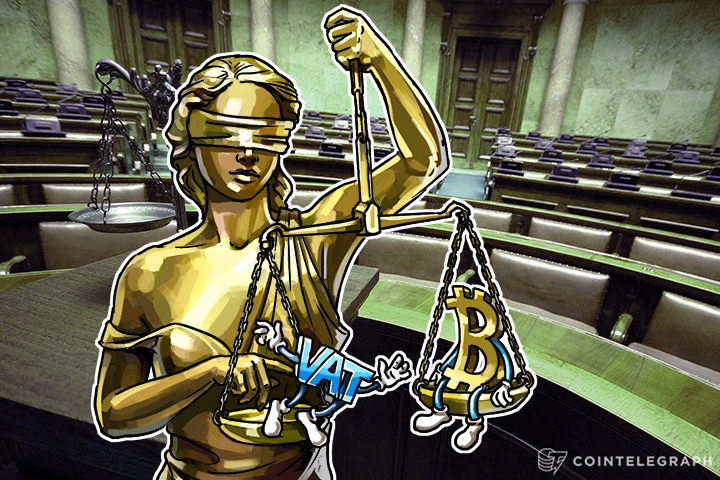New Hampshire legislators have rejected a bill that asked for the state’s treasurer to “develop an implementation plan for the state to accept bitcoin as payment for taxes and fees beginning July 1, 2017”.
The New Hampshire House Bill 552 (HB 552) was introduced in 2015 by Eric Schleien, a Republican member of the New Hampshire House of Representatives.
Bitcoin As Payment For Taxes
The action plan of the Bill was as follows:
“The state treasurer, in consultation with the commissioner of the department of revenue administration and the commissioner of the department of administrative services, shall develop an implementation plan for the state to accept bitcoin as payment for taxes and fees beginning July 1, 2017. The plan shall address any accounting, valuation, and management issues relative to the acceptance of bitcoin and shall identify an appropriate third party payment processor that will process bitcoin transactions at no cost to the state. On or before January 1, 2017, the state treasurer shall submit the plan to the governor, the speaker of the house of representatives, the senate president, the house clerk, the senate clerk, and the state library.”
However, the bill failed to pass in January 2016, only taking 74 yes votes to 264 no votes. On his reasoning behind rejecting the bill, the State Treasury issued a statement:
“This bill will likely increase state expenditures because the Department has no familiarity with bitcoin cash operations and therefore cannot determine in advance how much time and effort will be required to become informed and address the areas of accounting, valuation, and management.”
Schleien has countered the argument of the Treasury, explaining that if they were to use a third-party payment processor like BitPay, there would be “no cost” and “no risk” to the state.
However, Tone Vays, head of research at BraveNewCoin, believes it is pointless to fight for a right to pay taxes in Bitcoin:
“It feels like an attempt to get Government's acceptance for Bitcoin and second, the stand should be about how terrible the tax system is and how to overhaul it. Paying your taxes in Bitcoin is a terrible idea because it's a big red flag that you are a Bitcoin user and that goes against the Government's grip on economic freedom. Also if you don't 'obscure' your transactions first, they can reverse engineer the history of your coins and if you do 'tumble' first, then you get flagged with something to hide.”
Decentralized Bitcoin Repels Authorities
Even though, since its inception in 2009, Bitcoin has been increasing in popularity among the masses, it hasn’t been able to strike a key with government authorities. Neither the Internal Revenue Service (IRS) nor any states accept taxes in Bitcoin as of today; and New Hampshire just missed out on an opportunity to create history by being the first to take a bold step towards greater transparency.
Bitcoin hasn’t been able to please governments and tax authorities in other countries either. China’s national bank, PBRC, had earlier announced that it is working on creating its own centralized virtual currency.
Even in a public hearing at the European Parliament, the general consensus was that there isn’t enough understanding of Bitcoin and its underlying technology, the Blockchain, and therefore, it was best to put Bitcoin under surveillance rather than recommending any framework or regulations.
On the attitude of governments and tax authorities towards Bitcoin, Tone Vays says:
“Governments will not approve of Bitcoin because they have no control over the money supply, but the bigger reason is the fact that in their eyes we are all tax cheats and Bitcoin just makes our life easier in that regard. This is why there are proposals to eliminate all paper cash. In addition, Government cannot take a chance at endorsing something that is still in its infancy and has a high probability of not working in 3 years.”



